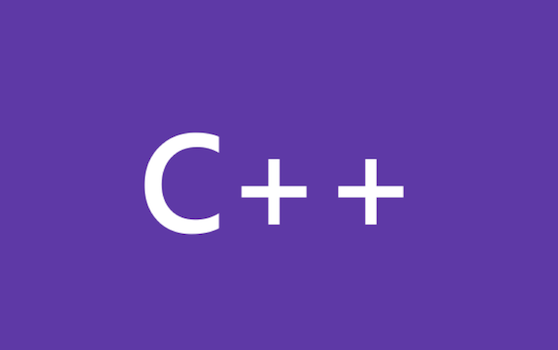Well, I'd hold off on assuming none of this applies to Intel. It might very well be true, but I'd prefer someone actually test the 24H2 across a wider collection of CPUs from both major brands before making any hard statements. As I was watching the HardwareUnboxed video posted above, I was paying a lot of attention to the 1% low scores -- which I feel weren't even mentioned, and all their performance gains claims were specific to the average FPS.
As anyone who has done any benchmarking at any point in history could tell you, CPU gains in game benchmarks are most often evident as a gain in the lowest 1% of framerates. If you go back to watch the review, much of the Zen 5 gains against the Zen 4 are made in the lowest 1% framerates, even if the peaks aren't much different. Those gains aren't ubiquitous, and there are plenty of places where they're still kinda meh, or worse. Still, I'm not sure I would declare Zen 5 is "only" 5% faster given how much some of the 1% frametimes moved in a notable handful of games, no matter the Windows version being tested.
In summary: I'd like to see more CPUs in the mix for testing, and I'd love to see both 1% and 10% lows show up in the reporting. Remember when consistency in frametime was a thing we talked about?
As anyone who has done any benchmarking at any point in history could tell you, CPU gains in game benchmarks are most often evident as a gain in the lowest 1% of framerates. If you go back to watch the review, much of the Zen 5 gains against the Zen 4 are made in the lowest 1% framerates, even if the peaks aren't much different. Those gains aren't ubiquitous, and there are plenty of places where they're still kinda meh, or worse. Still, I'm not sure I would declare Zen 5 is "only" 5% faster given how much some of the 1% frametimes moved in a notable handful of games, no matter the Windows version being tested.
In summary: I'd like to see more CPUs in the mix for testing, and I'd love to see both 1% and 10% lows show up in the reporting. Remember when consistency in frametime was a thing we talked about?



